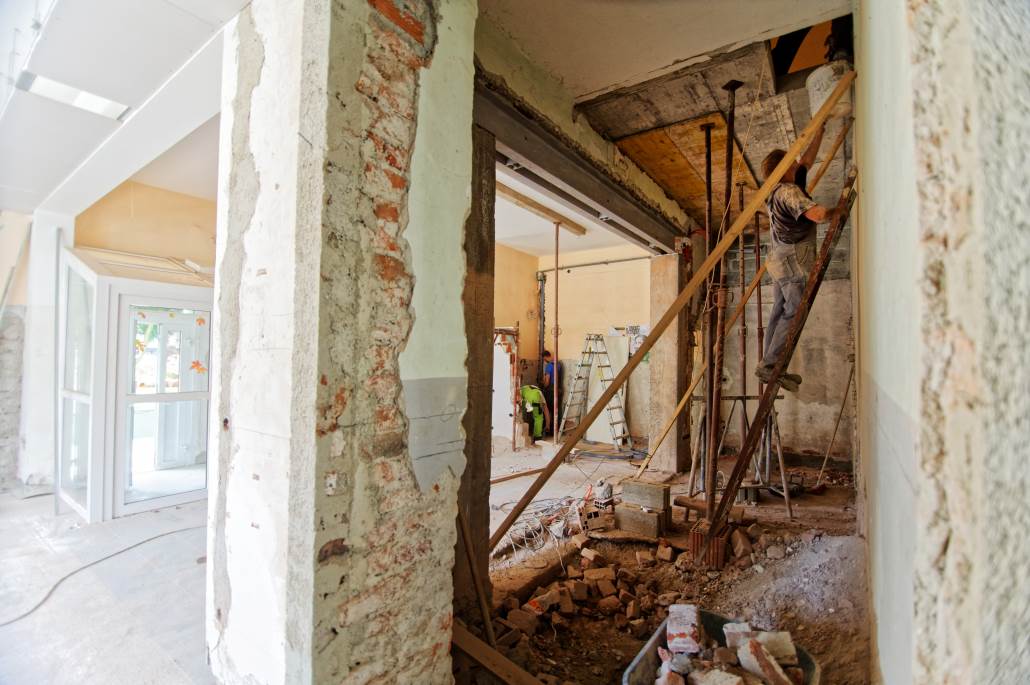\Selecting the length of your mortgage amortization period — the number of years it will take you to become mortgage free — is an important decision that will affect how much interest you pay over the life of your mortgage.
While the lending industry’s benchmark amortization period is 25 years, and this is the standard that is used by lenders when discussing mortgage offers, and usually the basis for mortgage calculators and payment tables, shorter or longer timeframes are available up to a maximum of 35 years.
Advantages Of Shorter Mortgage Amortization
The main reason to opt for a shorter amortization period is that you will become mortgage-free sooner. Since you’re agreeing to pay off your mortgage in a shorter period of time, the interest you pay over the life of the mortgage is, therefore, greatly reduced.
A shorter amortization also affords you the luxury of building up equity in your home sooner. Equity is the difference between any outstanding mortgage on your home and its market value.
While it pays to opt for a shorter amortization period, other considerations must be made before selecting your amortization. Because you’re reducing the actual number of mortgage payments you make to pay off your mortgage, your regular payments will be higher. So if your income is irregular because you’re paid commission or if you’re buying a home for the first time and will be carrying a large mortgage, a shorter amortization period that increases your regular payment amount and ties up your cash flow may not be the best option for you.
We will help you choose the amortization that best suits your unique requirements and ensures you have adequate cash flow. If you can comfortably afford the higher payments, are looking to save money on your mortgage, or maybe you just don’t like the idea of carrying debt over a long period of time, we will discuss opting for a shorter amortization period.
Advantages Of Longer Amortization Period
Choosing a longer amortization period also has its advantages. For instance, it can get you into your dream home sooner than if you choose a shorter period. When you apply for a mortgage, lenders calculate the maximum regular payment you can afford. They then use this figure to determine the maximum mortgage amount they are willing to lend to you.
While a shorter amortization period results in higher regular payments. A longer amortization period reduces the amount of your regular principal and interest payment by spreading your payments out over a longer timeframe. As a result, you could qualify for a higher mortgage amount than you originally anticipated. Or you could qualify for your mortgage sooner than you had planned. Either way, you end up in your dream home sooner than you thought possible.
Again, this option is not for everyone. While a longer amortization period will appeal to many people because the regular mortgage payments can be lower than paying rent. As a result, it does mean that you will pay more interest over the life of your mortgage.
Switching Amortization
The amortization selected when you apply for your mortgage, is not set for the life of your mortgage. You can easily choose to shorten your amortization, and save interest by making extra payments when you can. (or an annual lump-sum principal pre-payment). If making pre-payments (in the form of extra, larger or lump-sum payments) is an option you’d like to have, I can ensure the mortgage you end up with will not penalize you for making these types of payments.
It makes good financial sense for you to re-evaluate your amortization strategy at time of mortgage renewal. That way, as your income increases you can choose an accelerated payment option. (making larger or more frequent payments) Also, simply increase the frequency of your regular payments. Both of these will take years off your amortization period and save you interest throughout the life of your mortgage.
If you have questions about which mortgage amortization is best for you or how to pay off your debt faster. Give us a call to discuss your options with one of our professional mortgage brokers.






